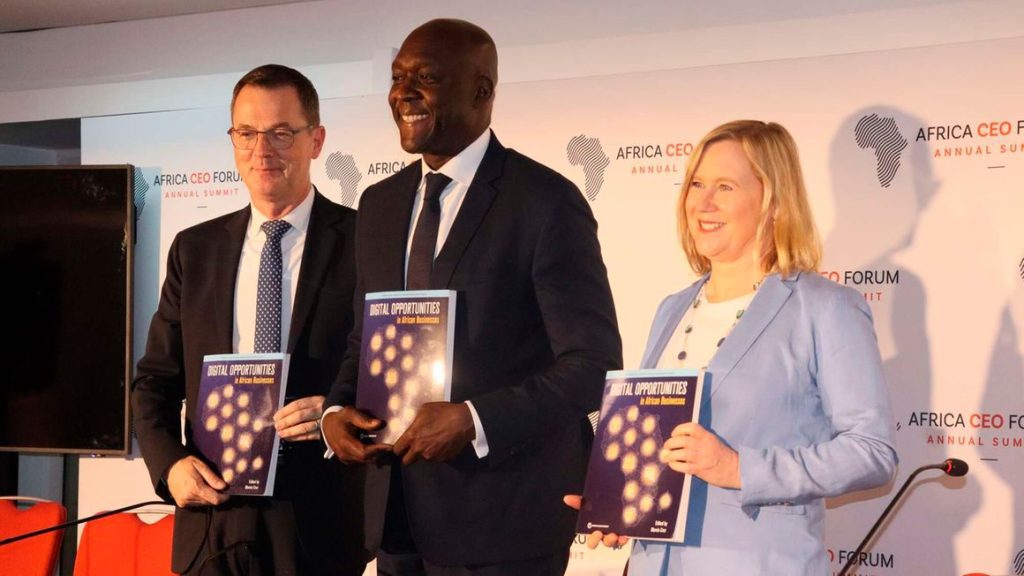Africa is missing out on the full economic potential of the digital revolution, as many businesses are not fully utilizing available technologies, despite having access to them, according to a new study.
Research conducted by the International Finance Corporation (IFC) reveals that while 86 percent of businesses in Africa have access to digital tools like mobile phones, computers, and the internet, only 24 percent are making extensive use of these technologies for business operations such as accounting and sales.
This limited usage means businesses are not maximizing the efficiency and growth that come from leveraging digital technologies.
“If you don’t have the right tools and the capability to make use of connectivity, you won’t see the expected economic benefits from that technology,” said IFC Managing Director Makhtar Diop during the release of the report at the Africa CEO Forum in Kigali.
The study also highlighted significant variations in the adoption of digital technologies between countries and among businesses.
For example, 57 percent of businesses in Kenya are using digital tools intensively, which is more than double the African average of 24 percent and far ahead of lower-income nations like Burundi.
Mr. Diop pointed out that one of the main reasons for low digital adoption is the high cost of internet services, which remains out of reach for many people in Africa, along with poor internet quality.
“The cost of software and hardware for businesses in Africa is about 35 percent higher than in the United States,” added Susan Lund, IFC’s vice president for economic and private sector development.
The study also identified poor infrastructure, including electricity and digital networks, as a major obstacle to technology adoption. Other barriers include a lack of digital skills and limited access to financing.
To increase the use of digital technologies, the report suggests that African governments will need to invest at least $6 billion in infrastructure, particularly in the middle- and last-mile distribution of fiber-optic internet, which is expected to make internet access more affordable across the continent.





















